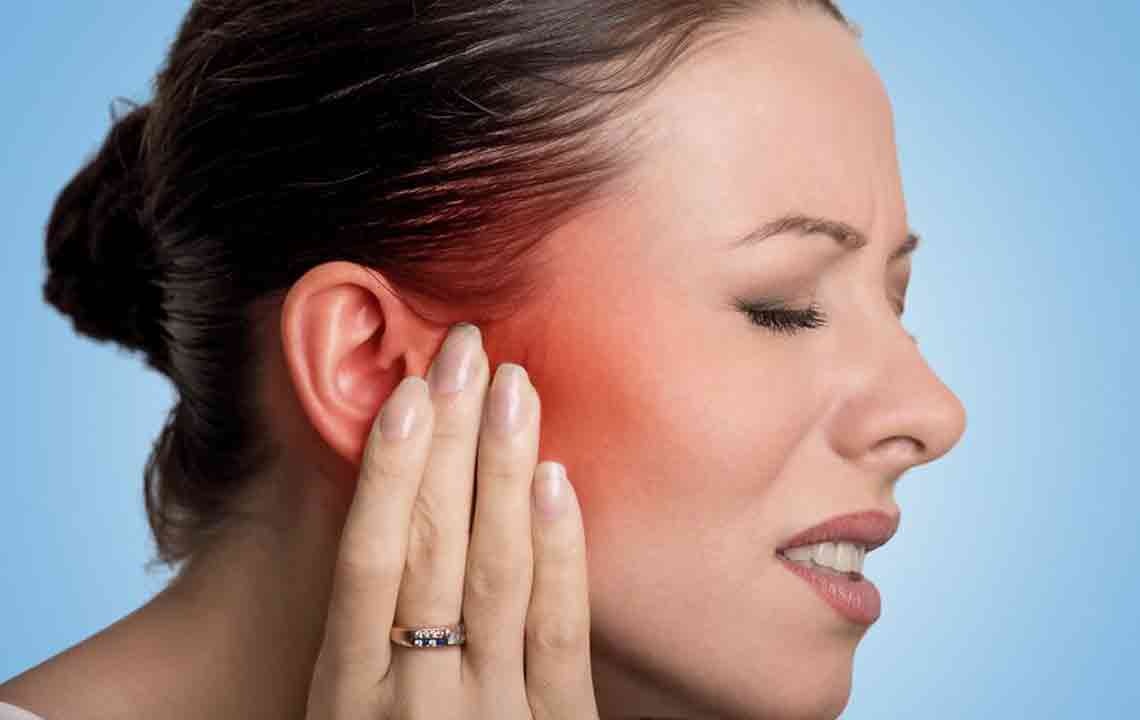An Overview Of Tinnitus – Types, Causes, And Symptoms
Tinnitus or ringing in the ears is the feeling of hearing buzzing, chirping, hissing, ringing, whistling, or other sounds. This noise may be continuous or intermittent, and it can vary in loudness. The sounds are worse when the background noise is low. Therefore, one may be more aware of it at night when trying to sleep. Also in some rare instances, the sound beats in synchronization with the heart, and this condition is known as pulsatile tinnitus.

Below is some information about the types of tinnitus, the causes, and more.
What are the different types of tinnitus?
Although tinnitus is a common health condition, the type of tinnitus varies from one person to another. There are four types of tinnitus, and they are explained in detail below:
- Subjective tinnitus – One of the most common types of tinnitus, subjective tinnitus is caused because of exposure to loud noises. It is something that only the individual suffering from it can hear. It can come and go, and it can vary in the intensity and length. Subjective tinnitus is often treated using hearing aids that play a calming sound in order to distract the individual from the buzzing, ringing, or other sounds, which are sensed in this type of tinnitus.
- Sensory tinnitus – Most individuals with tinnitus are suffering from sensory tinnitus. Typically, sensory tinnitus is a side effect of an impaired auditory system. As of now, there is no known cure for it. A tinnitus management program can help manage the symptoms of tinnitus. A form of subjective tinnitus, sensory tinnitus is usually caused by various disorders that affect the way in which the brain processes sounds.
- Somatic tinnitus – Typically related to physical touch and movements, somatic tinnitus can be caused because of muscle spasms in the neck or the ear. It can also be caused by other mechanical sources. Sound therapy can be used for somatic tinnitus. Apart from that, other management techniques like massage therapy may also be helpful. This type of tinnitus is also called conductive tinnitus. At times, mechanical causes of tinnitus can be heard by others apart from the sufferer.
- Objective tinnitus – One of the rarest types of tinnitus, objective tinnitus can be heard by an outsider using a stethoscope. It often moves in sync with the heart beats.
What are the causes of tinnitus?
There are a number of causes for tinnitus. Some of them are listed below:
- One of the main causes of tinnitus is age. Many people have a hearing loss problem after 60 years and tinnitus is an indication of that.
- People who smoke excessively have the problem of tinnitus as tobacco can cause this problem.
- Gender is another reason for this problem as men are more likely to have this problem than women.
- If you are exposed to loud noises every day, at the workplace or in the residence, then you are more likely to be affected by tinnitus.
- Too much earwax stuck in the ears can also cause tinnitus.
- Certain medicines can be a reason for tinnitus and your doctor will be able to help you with this causal factor.
What are the signs and symptoms of tinnitus?
Some of the signs and symptoms of tinnitus are:
- A ringing, whistling, or buzzing sound in one of or both the ears.
- A sensitivity to certain loud sounds.
- The start of hearing problems.
- Stress, fatigue, and depression.
Which are some of the natural foods that can reduce the symptoms of tinnitus?
Some of the natural foods and ingredients that can reduce the symptoms of tinnitus are:
- Pineapple
- Apple cider vinegar
- Glycerin and salt
- Green tea
- Castor oil




